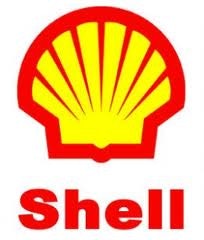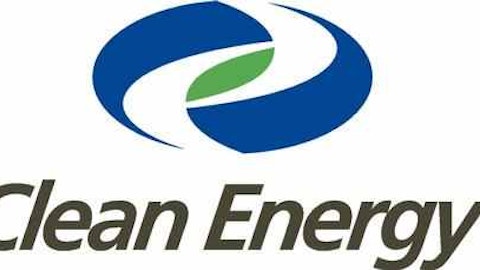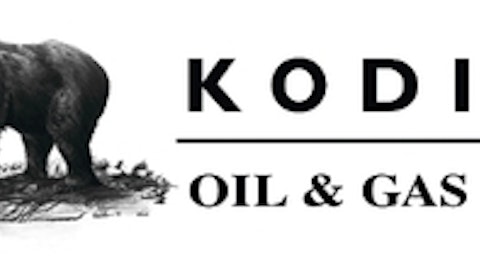Let’s take a look at three big oil companies. If you read my blogs often, you may already know that I am long British Petroleum because I am convinced it is significantly undervalued. That said, I am all set to analyze other big oil companies. Some of them are great but way too expensive, while others might soon start transformational periods. Let’s see if one of the following companies fits your dividend needs and risk profile at the same time.
Is this stable mammoth about to change?
According to most analysts, since the unification of Shell and Royal Dutch Shell plc (ADR) (NYSE:RDS.A) (which happened in 2004 after the reserves crisis), the company is extremely predictable, always refusing to surprise investors on a quarterly basis. Focused on large project execution and on gas, the company is a stable cash dividend payer. But now, things might change; its chief executive, Peter Voser, will leave the company next year after four years at the post.

As stated above, Shell is doing well but could do much better. That said, it trades cheaply at 2013 5x EV/EBITDA. Paying a 5.3% cash dividend yield, Shell is a great idea if you are looking for potential upside and a (more than) fair dividend yield.
The real mammoth
First quarter results at Exxon Mobil Corporation (NYSE:XOM) were less than exciting: the company reduced output (volume) by 3.5% during the quarter. Even when net income grew, other measures of performance were less than stellar. Exxon’s capex was up by 33% in the quarter and the company lowered its share buyback program in the current quarter by 20%.
Exxon Mobil Corporation (NYSE:XOM) still believes it can grow oil output by 4% yoy between 2014 and 2017, but what will the capex cost be? Trading at 2013 7x EV/EBITDA and paying a 2.6% dividend yield, I believe ExxonMobil looks expensive. Even great companies have a price.
More cash flow awaits in the future
For the first quarter of the current year, TOTAL S.A. (ADR) (NYSE:TOT) reported a small (2%) EPS miss. The downstream was solid, thanks to the ongoing benefit of the cost efficiency plan, nearly offsetting a small miss in Exploration and Production. Apart from the EPS miss, the company delivered overall fair results, but I believe it will take another 2 or 3 years for Total to emerge at the other end of the current investment phase and reap the cash-flow rewards.
This year, Total looks set for another year of lackluster growth, but there will be a significant cash-flow uplift when big projects start (Ichthys, GLNG, Angola) and the downstream improves. I should mention that Total is drilling in the highest number of frontier basins among Majors in 2013, and I would expect another dividend increase of 3.4% by year-end. Even with all of the above taken into account, Total looks cheap. I expect the company to pay a 6.2% dividend yield while it trades at 2013 5.4x EV/EBITDAX. The company its worth its price and it might be good to, so you should at least keep it on your watch list.
The three companies mentioned above are great companies. But while Exxon Mobil Corporation (NYSE:XOM)trades at what I consider an unjustified premium, Shell and Total trade at a discount to their peer group. Both Shell and Total are compelling opportunities, but I think there is more upside in Shell’s case given its valuation and its possible change in management’s direction. That said, in a zero interest rate world, they both offer cash dividends that are difficult to match.
Federico Zaldua has no position in any stocks mentioned. The Motley Fool recommends Total SA. (ADR).
The article The Oil Major’s Review originally appeared on Fool.com.
Copyright © 1995 – 2013 The Motley Fool, LLC. All rights reserved. The Motley Fool has a disclosure policy.


